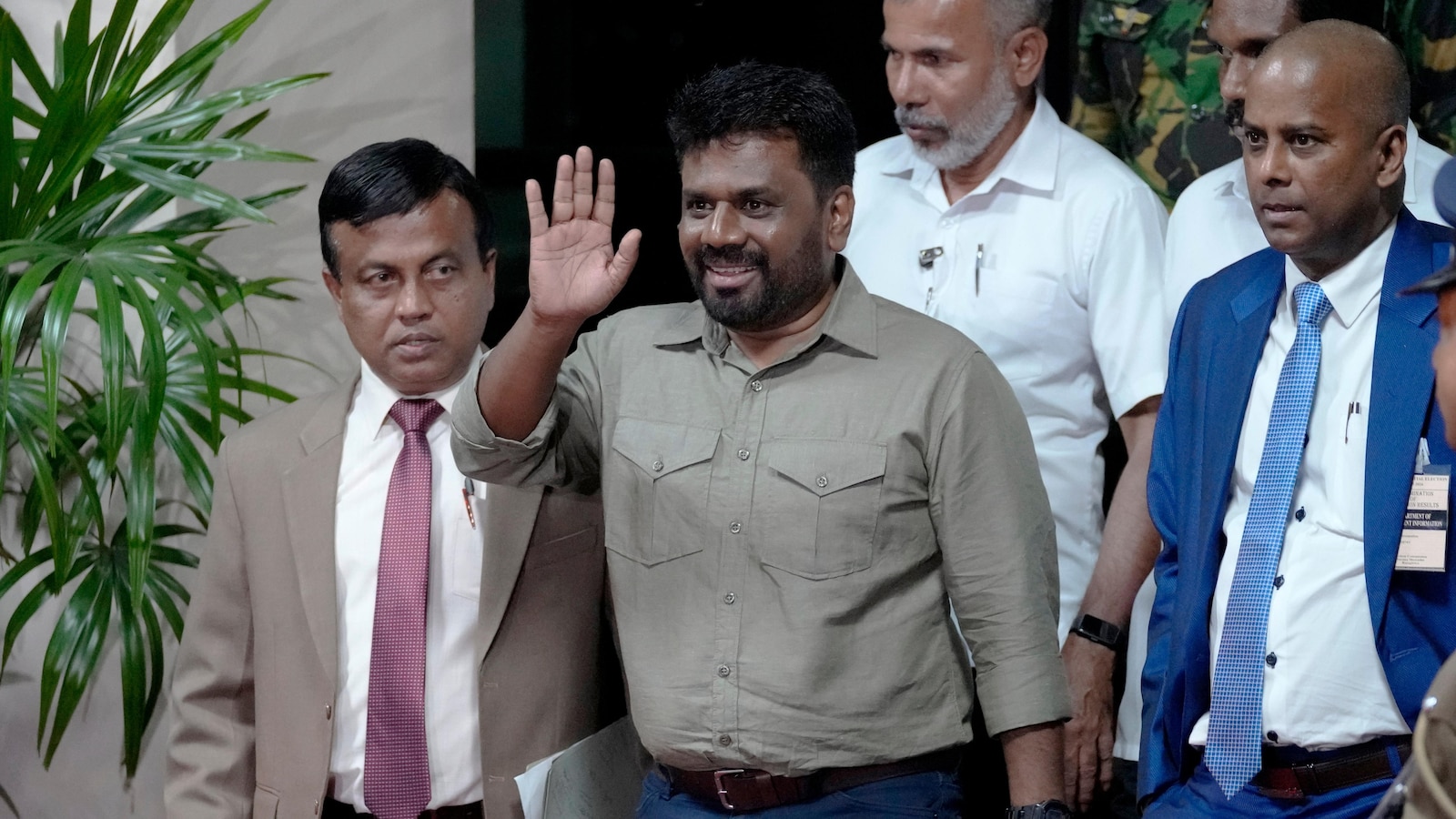Sri Lanka’s New President: Marxist Leader Anura Kumara Dissanayake Sworn In
COLOMBO, Sri Lanka — Marxist leader Anura Kumara Dissanayake was sworn in as Sri Lanka’s tenth president on Monday, following a decisive victory in Saturday’s election. The win marks a rejection of the old guard blamed for the country’s crippling economic crisis.
Dissanayake, 55, who campaigned as head of the Marxist-leaning National People’s Power (NPP) coalition, secured a strong mandate, garnering 5,740,179 votes, surpassing opposition leader Sajith Premadasa (4,530,902) and 36 other candidates.
The election held crucial significance as Sri Lanka seeks to navigate its worst economic crisis, marked by widespread protests and political turmoil. Dissanayake’s ascension as the ninth individual to hold Sri Lanka’s powerful executive presidency, established in 1978, signifies a substantial shift in the country’s political landscape.
Dissanayake’s NPP coalition is spearheaded by the Janatha Vimukthi Peramuna (JVP), or People’s Liberation Front, a Marxist party with a history of armed insurrections in the 1970s and 1980s. Despite past defeats, the JVP has transitioned to democratic politics since 1994, remaining primarily in opposition while intermittently supporting previous governments. The NPP also comprises academics, civil society activists, artists, lawyers, and students.
Dissanayake’s political journey began with his election to parliament in 2000, where he briefly served as the agriculture and irrigation minister under former President Chandrika Kumaratunga. His first presidential bid in 2019 resulted in defeat against Gotabaya Rajapaksa, who was later ousted amidst the escalating economic crisis.
The economic crisis stemmed from unchecked borrowing to finance non-revenue-generating projects, the impact of the COVID-19 pandemic, and the government’s misguided strategy of using dwindling foreign reserves to prop up the Sri Lankan rupee.

